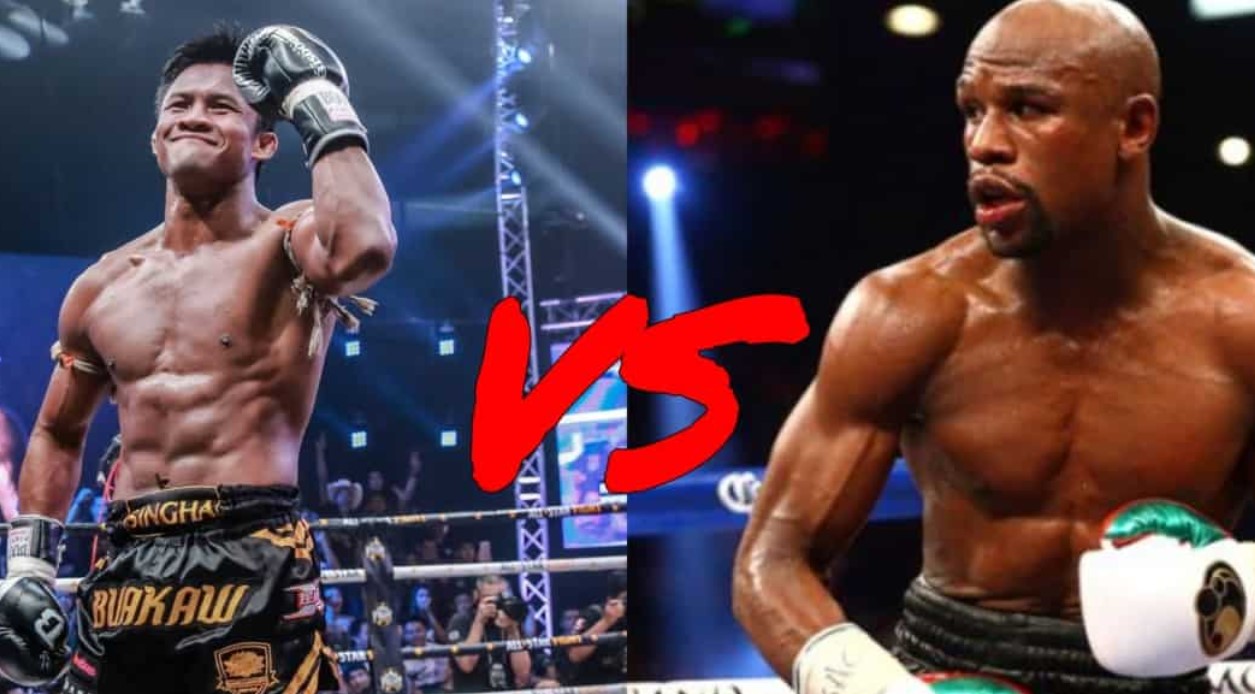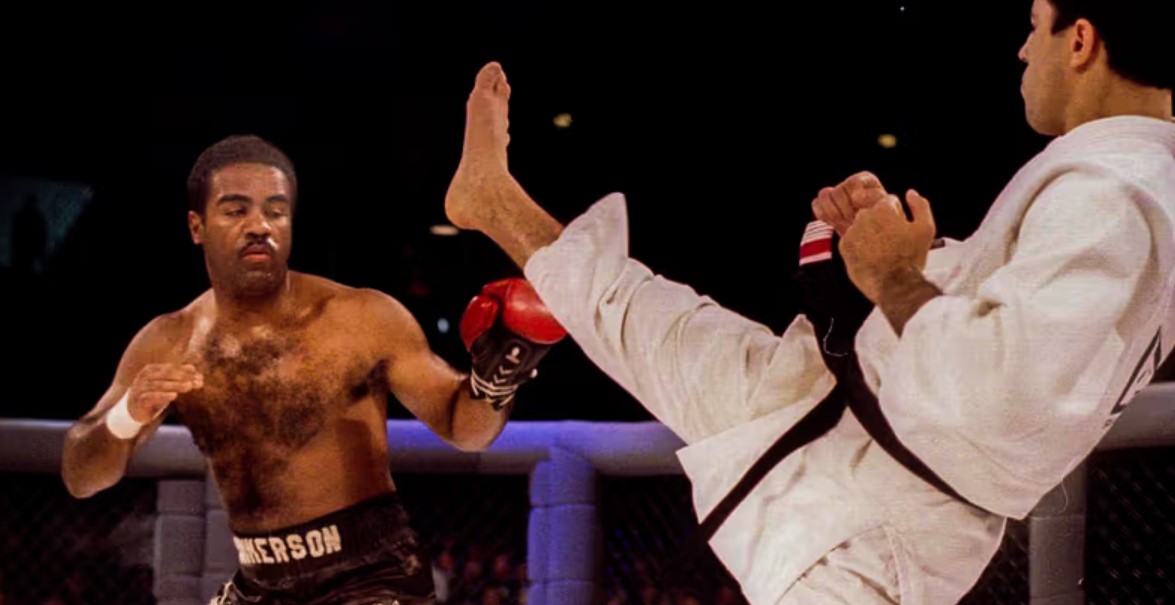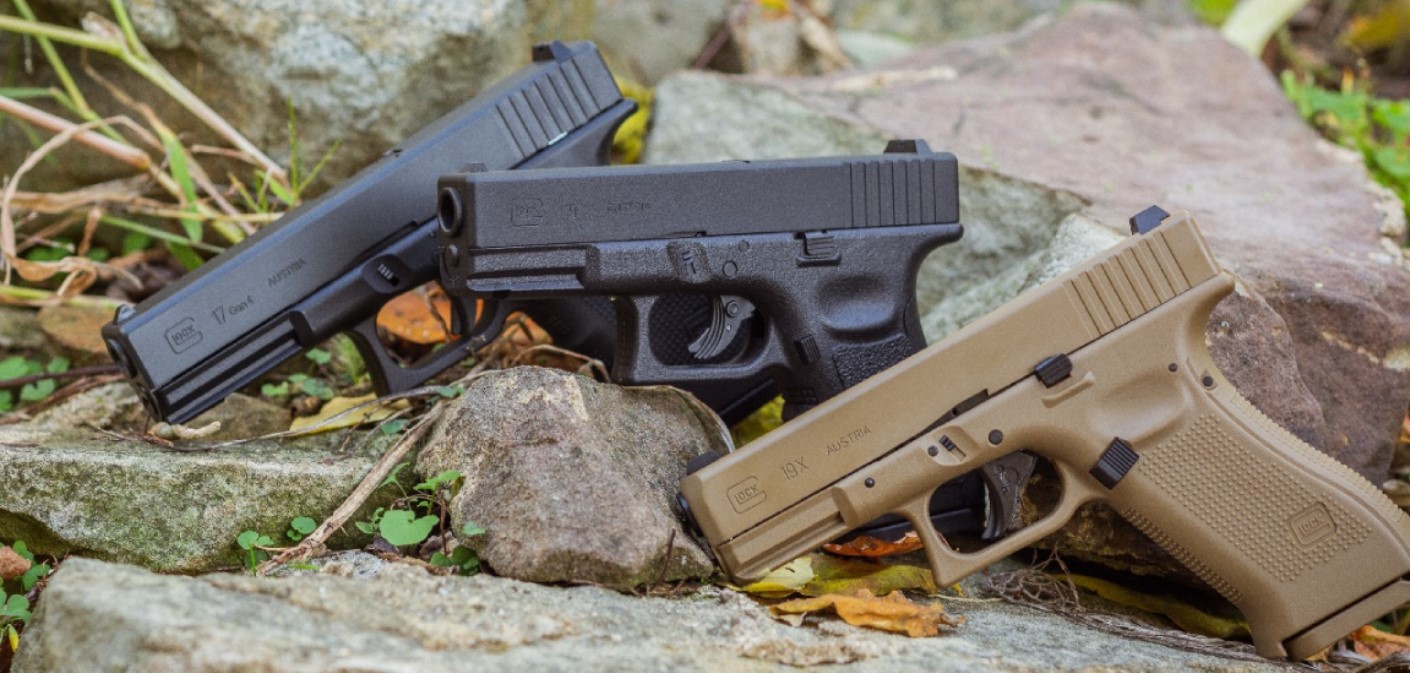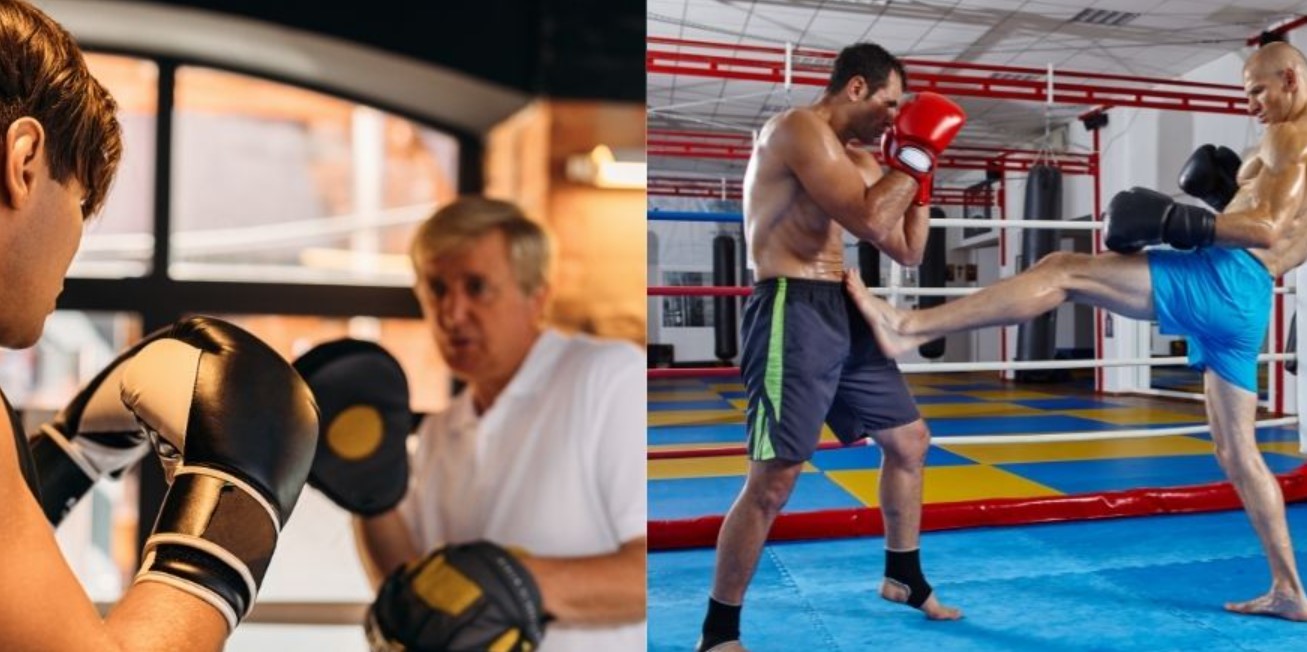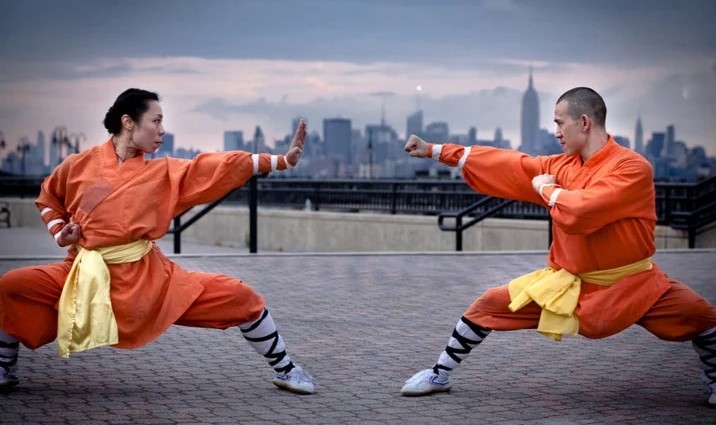Is brazilian jiu jitsu good for self defense? Brazilian Jiu-Jitsu (BJJ) has attracted significant attention in recent years as an effective martial art for self-defense purposes. Originating from traditional Japanese Jiu-Jitsu, BJJ has evolved into a distinct grappling art that focuses on ground fighting and submission techniques. Famous for its emphasis on leverage, technique and strategy rather than size or strength, Brazilian Jiu-Jitsu gives practitioners the ability to defend themselves against larger and stronger opponents through the application of technique. skillful art. In this introduction, The Self Defense Tool will explore the basic principles and advantages of Brazilian Jiu-Jitsu as a formidable self-defense tool in various real-life situations.
Is brazilian jiu jitsu good for self defense? Advantage of BJJ in self-defense
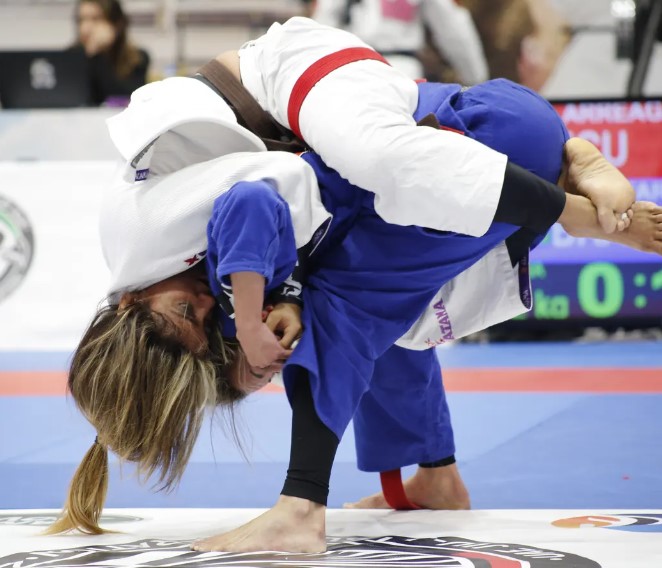
- Ground fighting knowledge: BJJ focuses on ground grappling, a common result of self-defense situations. You’ll learn takedowns, submissions (joint locks and chokes) and escapes, giving you options to control and submit a larger or stronger attacker.
- Technique over strength: BJJ emphasizes leverage and technique over raw power. This means that even a smaller person can learn to defend themselves against a larger opponent.
- De-escalation and situational awareness: Many BJJ studios incorporate self-defense principles that go beyond physical techniques. You’ll learn how to de-escalate situations, identify threats, and escape confrontation whenever possible.
- Mental stability and confidence: BJJ training is demanding both physically and mentally. Overcoming challenges in the gym builds resilience and confidence, valuable assets in a self-defense situation.
Defect of BJJ in self-defense
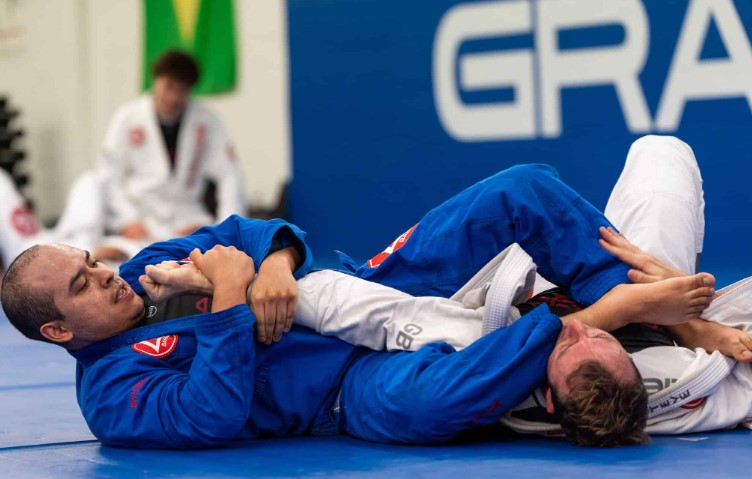
- Learning curve: BJJ has a steeper learning curve than some self-defense systems. Mastering effective techniques takes time and dedicated training.
- Multiple attackers: BJJ is designed primarily for one-on-one encounters. Although it can provide tools to manage multiple attackers, it may not be effective in those cases.
- Weapon defense: BJJ is not designed to disarm an attacker. While some self-defense apps cover basic weapons defense, it’s important to seek training that specifically addresses weapons-based threats.
- Environmental awareness: BJJ training primarily takes place in a controlled gym environment. Real-world conflicts can happen anywhere, and BJJ may need to adapt to uneven terrain, obstacles, or unexpected attacks.
>>> Click: Why Is Self Defence Important? Advantages Of Self Defence
Verdict: A comprehensive approach
BJJ offers a valuable skill set for self-defense, but it is best viewed as part of a comprehensive approach. Here are some tips to maximize the effectiveness of BJJ self-defense:
- Find a reputable gym: Look for a gym that emphasizes self-defense applications in addition to technique development.
- Maintain consistent training: Regular training is important to maintain skills and develop muscle memory for instinctive reactions.
- Consider additional training: Explore self-defense workshops or classes that focus on stress reduction, situational awareness, and weapons defense.
- Stay alert and trust your instincts: Self-defense is as much about avoiding danger as it is about physical confrontation. Pay attention to your surroundings, trust your intuition, and prioritize reducing stress whenever possible.
In short, Brazilian Jiu-Jitsu equips you with a powerful toolbox for self-defense. By acknowledging its strengths and limitations, and incorporating additional strategies, you can greatly enhance your ability to stay safe in potentially dangerous situations.
>>> Click what does the phrase ‘calming or slowing’ mean in a conflict situation?
